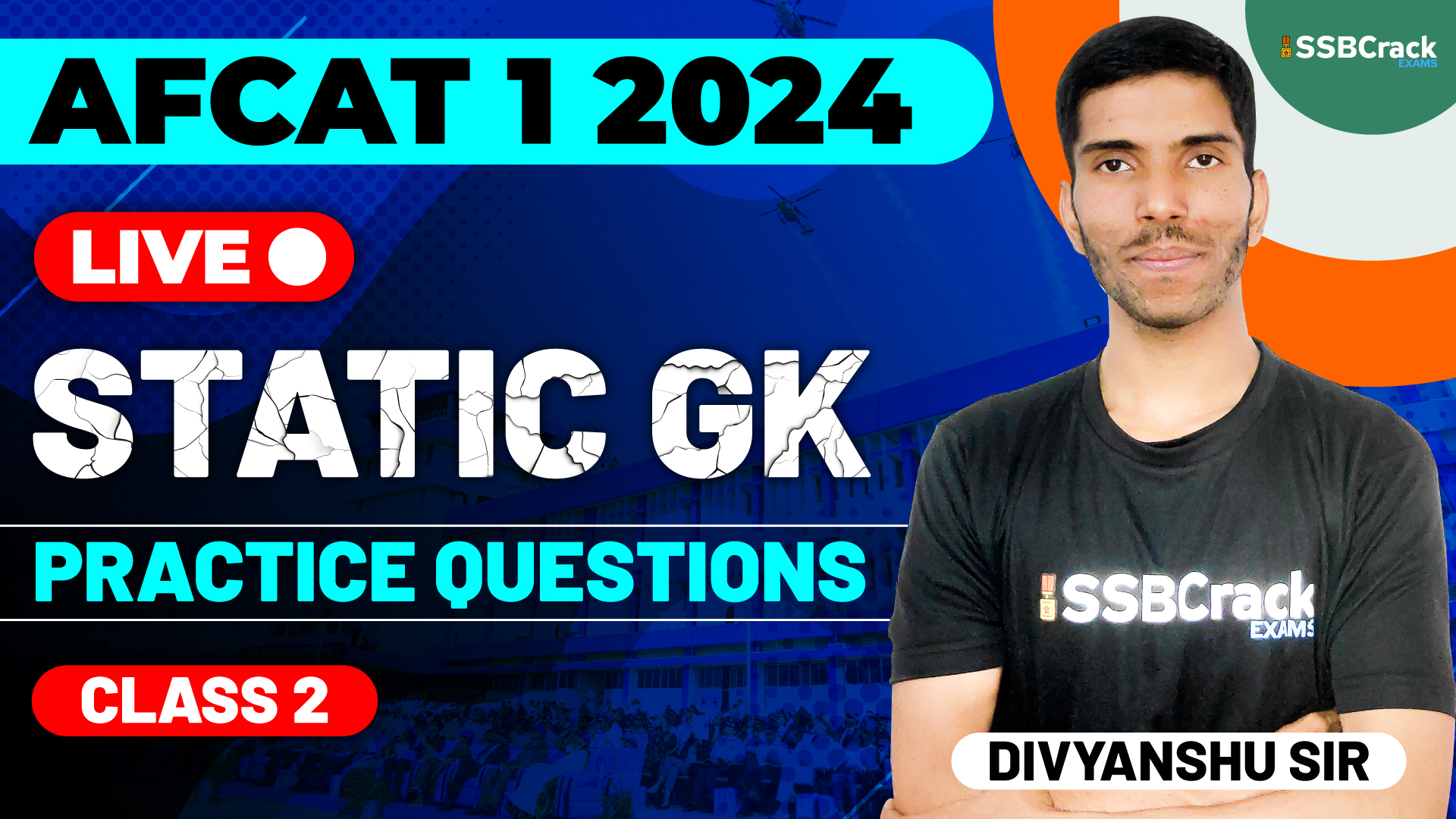Aspirants preparing for the Air Force Common Admission Test (AFCAT) understand the importance of mastering Static General Knowledge. In the pursuit of success, the role of objective questions cannot be overstated. This article delves into the significance of objective questions in the Static GK section of AFCAT 1 2024 and how they contribute to the holistic preparation of defense aspirants.
- Efficient Learning: Objective questions, especially Multiple Choice Questions (MCQs), offer a structured and efficient way to learn Static GK. They present information in a concise format, allowing candidates to cover a wide range of topics with precision. This approach enables aspirants to manage their study time effectively and focus on areas that need improvement.
- Comprehensive Coverage: The Static GK section of AFCAT encompasses diverse subjects such as history, geography, polity, economics, and science. Objective questions ensure comprehensive coverage of these topics, helping aspirants develop a well-rounded understanding of the subject matter. This is crucial not only for the examination but also for the broader perspective required in defense careers.
- Quick Assessment of Knowledge: The objective format facilitates a quick assessment of an aspirant’s knowledge base. Candidates can gauge their proficiency in different topics promptly and identify areas that require more attention. This immediate feedback loop is instrumental in refining study strategies and focusing on weak areas to enhance overall preparedness.
- Application of Concepts: Objective questions often require the application of concepts rather than rote memorization. This challenges aspirants to understand the underlying principles and apply them to solve problems. In the context of defense exams like AFCAT, this skill is invaluable as it mirrors the real-world scenarios military personnel may encounter.
- Time Management Skills: AFCAT is known for its time constraints, and objective questions prepare aspirants for this challenge. Regular practice of solving MCQs hones time management skills, ensuring that candidates can navigate through the exam efficiently. This skill is vital for success not only in AFCAT but also in the dynamic and time-sensitive nature of defense operations.
- Adaptability to Exam Format: AFCAT follows a specific examination format, and mastering objective questions helps aspirants become familiar with the structure and pattern of the test. This familiarity reduces exam anxiety and enhances confidence, contributing significantly to overall performance.
- Retrieval Practice for Long-Term Memory: Retrieval practice, or the act of recalling information from memory, is a proven method for long-term retention. Objective questions necessitate recalling facts and concepts, reinforcing the learning process and promoting better retention. This is particularly important for defense aspirants who need a solid foundation for their future roles.
Conclusion: In the journey towards AFCAT 1 2024 success, defense aspirants must recognize the instrumental role of objective questions in mastering Static GK. The efficiency, coverage, assessment, application, time management, adaptability, and retrieval practice offered by objective questions collectively contribute to a robust preparation strategy. Aspirants are encouraged to integrate these questions into their study routine to not only excel in the examination but also to build a strong foundation for a successful career in defense. Best of luck to all aspirants!







